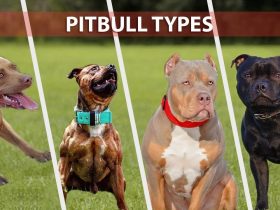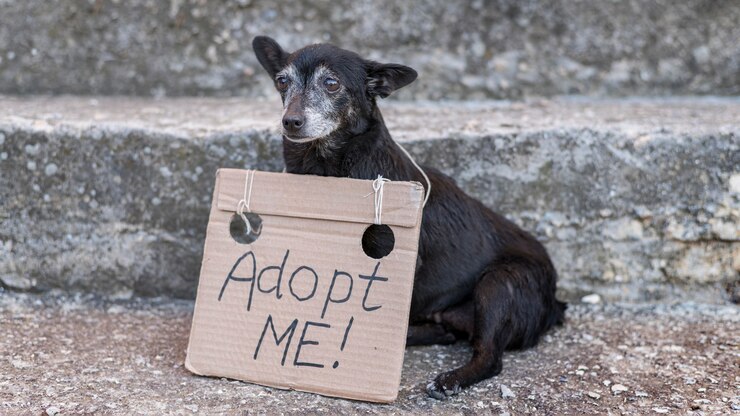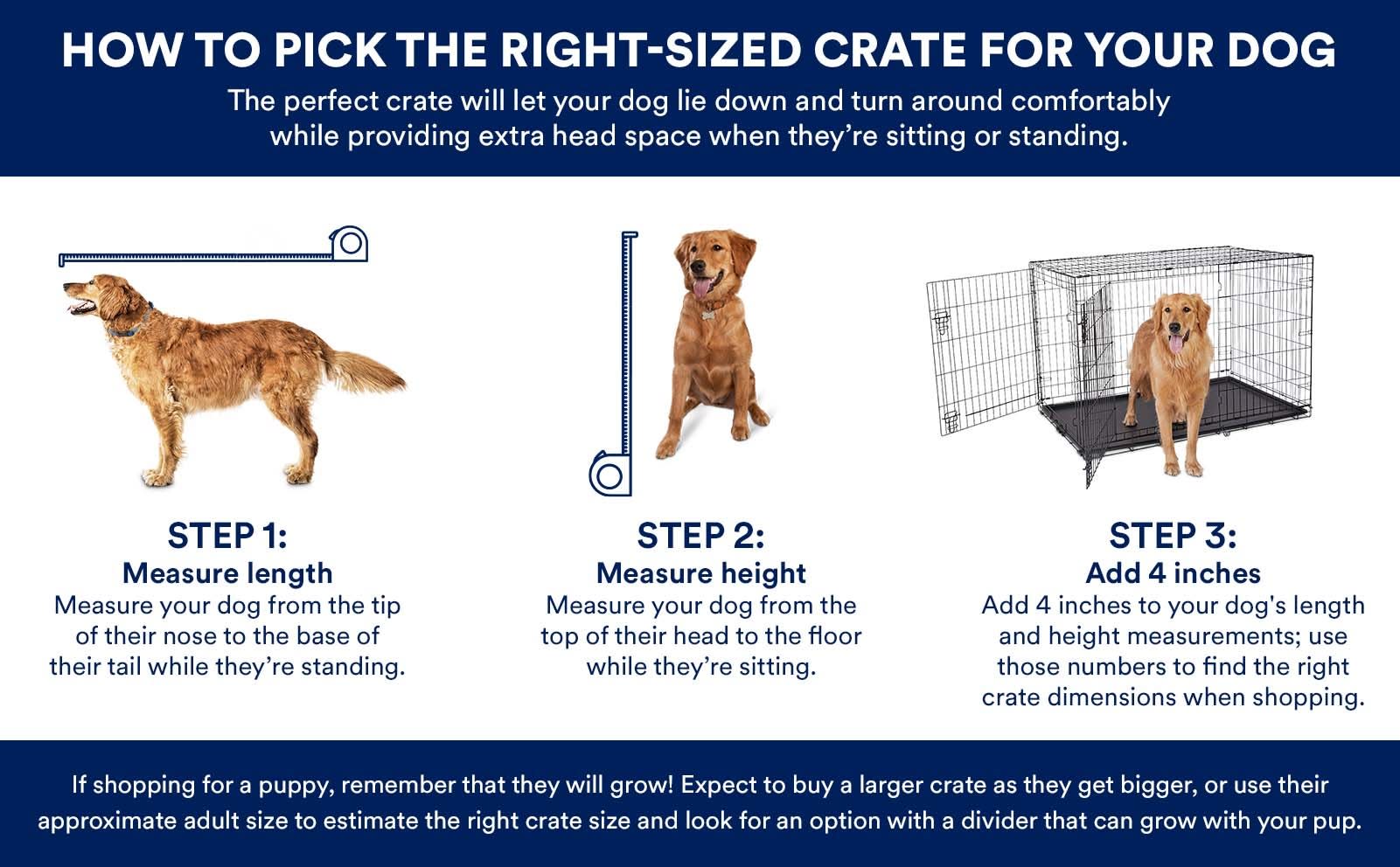Dementia is a degenerative brain condition that affects millions of people worldwide. In fact, if your dog may have dementia, early recognition becomes just as important, since experts estimate that one in three adults over the age of 65 develops some form of the condition. Moreover, by 2050, the number of affected individuals may reach 100 million.
Similarly, many pet owners do not realize that dogs can also develop dementia. For this reason, learning to recognize the early signs of canine cognitive decline can help you act quickly and improve your dog’s quality of life.
What Is Dementia in Dogs?
Dementia in dogs refers to a gradual decline in brain function. In veterinary terms, this condition is known as Canine Cognitive Dysfunction Syndrome (CCDS). Notably, CCDS closely resembles Alzheimer’s disease in humans.
As dogs age, their brains naturally change. However, some of these changes progress beyond normal aging. As a result, dementia develops when cognitive decline interferes with daily life.
Consequently, dogs with dementia may struggle to remember routines, recognize familiar people, or respond to known commands.
What Causes Dementia in Dogs?
Several factors contribute to dementia in dogs. Above all, age plays the most significant role. In most cases, dogs diagnosed with dementia are over seven years old.
Additionally, other contributing factors include:
-
Reduced blood flow to the brain
-
Brain inflammation
-
Protein buildup in brain tissue
-
Oxidative stress
-
Genetic predisposition
Although no single cause explains every case, these factors often work together. Over time, their combined effect leads to cognitive decline.
Early Signs of Dementia in Dogs
Early symptoms of dementia in dogs can be subtle. For this reason, many owners mistake them for normal aging. However, these signs often indicate early cognitive decline.
Common early signs include:
-
Mild confusion in familiar spaces
-
Slower response to commands
-
Changes in sleep patterns
-
Reduced interest in play
-
Increased anxiety
When recognized early, these symptoms allow for better long-term management. As a result, dogs often maintain a higher quality of life.
Common Symptoms of Dementia in Dogs
As canine dementia progresses, symptoms become more noticeable. Over time, these changes affect daily routines and behavior.
Disorientation in Dogs With Dementia
Dogs may appear lost in their own homes. For example, they may stare at walls or get stuck in corners. As a result, they may seem confused or anxious.
Changes in Sleep Patterns
Dogs may sleep longer during the day. Meanwhile, they may pace, whine, or vocalize at night. Because of this, owners often notice disrupted household routines.
Loss of Interest in Activities
Dogs may stop enjoying walks, games, or toys. Consequently, their activity levels decline. In turn, this may affect their overall health.
Reduced Social Interaction
Some dogs withdraw from family members. In other cases, they may show irritability or fear. Therefore, changes in social behavior should never be ignored.
Changes in Eating Habits
Dogs may eat less or forget mealtimes. Alternatively, some dogs overeat due to confusion. Either way, these changes signal cognitive issues.
Bathroom Accidents
Dogs may forget where the door is. As a result, even well-trained dogs may eliminate indoors. Over time, accidents may become more frequent.
Dogs and Cats at Higher Risk of Dementia
Senior pets face a higher risk of cognitive decline. In particular, larger dog breeds may show symptoms earlier due to shorter lifespans. Likewise, cats can also develop cognitive dysfunction, although their signs may differ.
Risk increases when pets experience:
-
Limited mental stimulation
-
Poor nutrition
-
Chronic health conditions
-
Little physical activity
Therefore, providing proper care throughout life may reduce dementia risk. At the same time, regular monitoring becomes essential.
How Veterinarians Diagnose Dementia in Dogs
There is no single test for dementia in dogs. Instead, veterinarians diagnose the condition through observation and exclusion.
Typically, your veterinarian will:
-
Perform a physical exam
-
Review behavioral changes
-
Run blood and urine tests
-
Rule out vision, hearing, or thyroid issues
-
Evaluate neurological function
Through this process, veterinarians ensure an accurate diagnosis. As a result, dogs receive appropriate care sooner.
Treatment Options for Dementia in Dogs
Although dementia has no cure, there are several effective treatment options. In many cases, these treatments slow progression and ease symptoms.
Medications for Canine Dementia
Certain medications improve brain blood flow and reduce anxiety. As a result, dogs often appear calmer and more alert.
Nutritional Support
Special diets support brain health. In particular, antioxidants help reduce oxidative damage. Therefore, diet plays a vital role.
Supplements for Cognitive Health
Omega-3 fatty acids and cognitive supplements may support memory. Additionally, they promote overall brain function.
Mental Stimulation
Puzzle toys, scent games, and gentle training exercises keep the brain active. Because of this, mental engagement remains essential.
Environmental Adjustments
Maintain a consistent routine. Likewise, avoid rearranging furniture. Finally, use night lights to reduce confusion.
How to Care for a Dog With Dementia at Home
Daily care plays a critical role in comfort and stability. For this reason, consistency is key.
-
Keep feeding and walking schedules consistent
-
Provide gentle exercise every day
-
Use verbal cues and visual signals
-
Offer reassurance during moments of confusion
-
Keep your home safe and clutter-free
With patience and routine, stress levels often decrease. Over time, dogs feel more secure.
Can Dementia in Dogs Be Prevented?
While dementia cannot be fully prevented, you can reduce the risk.
Helpful strategies include:
-
Regular exercise throughout life
-
Balanced nutrition
-
Ongoing mental stimulation
-
Routine veterinary checkups
-
Early treatment of medical conditions
Overall, healthy habits support long-term brain health. At the same time, they improve overall wellbeing.
When to See a Veterinarian for Dementia in Dogs
Contact your veterinarian if your dog:
-
Shows sudden behavior changes
-
Has frequent accidents
-
Appears confused or anxious
-
Struggles with daily routines
-
Experiences disrupted sleep
Most importantly, early evaluation leads to better outcomes. Therefore, do not delay care.
Quality of Life for Dogs With Dementia
Many dogs with dementia continue to enjoy life. With proper care, they can remain comfortable for years.
Focus on:
-
Comfort
-
Familiarity
-
Gentle interaction
-
Emotional support
Above all, your presence provides reassurance and stability.
Conclusion: Supporting a Dog With Dementia
dog may have dementia is a serious condition. However, early recognition makes a significant difference. By understanding symptoms and treatment options, you can better support your aging companion.
Ultimately, with patience, proper care, and veterinary guidance, dogs with dementia can still experience a meaningful and loving life.
















Leave a Reply